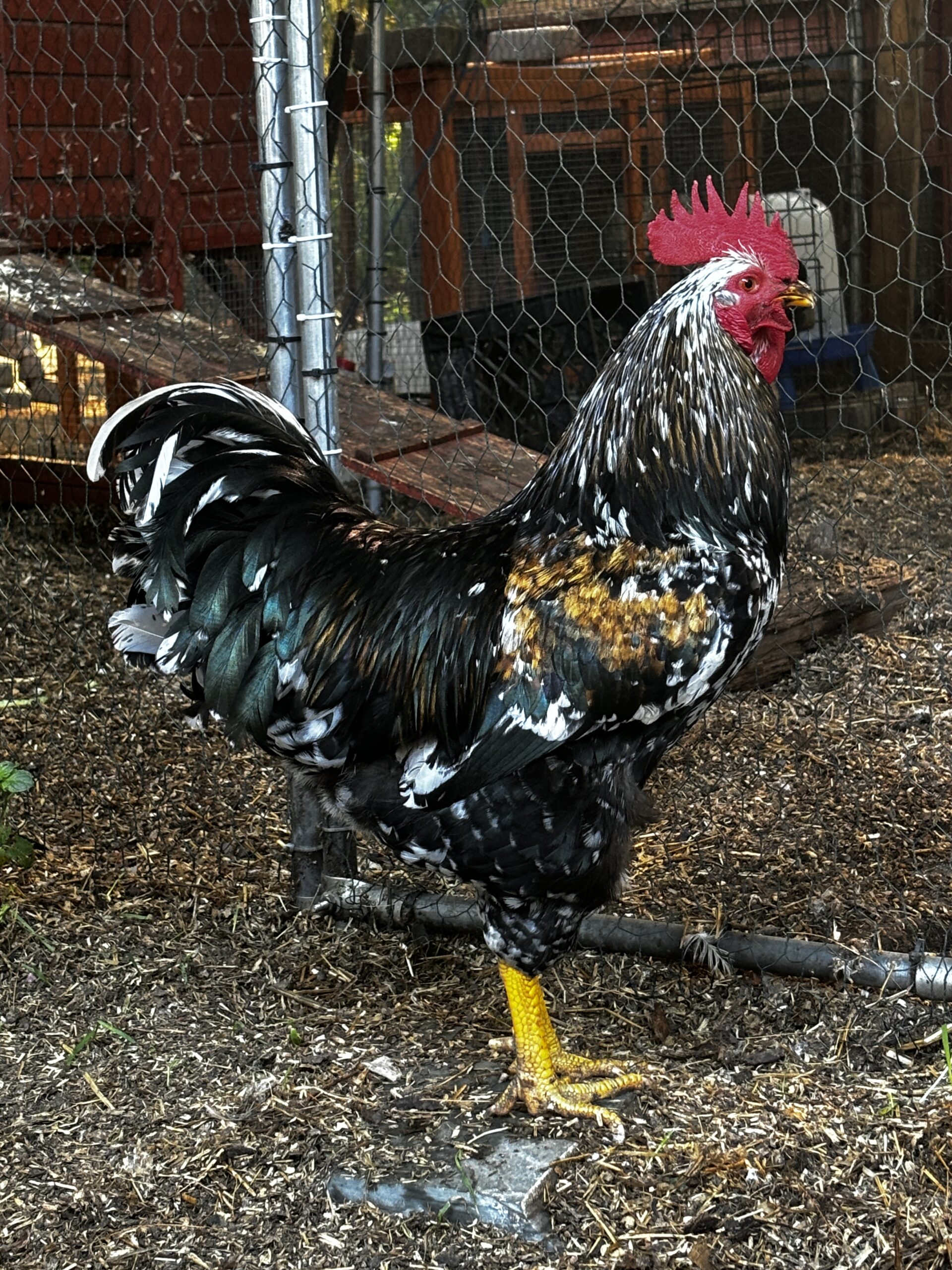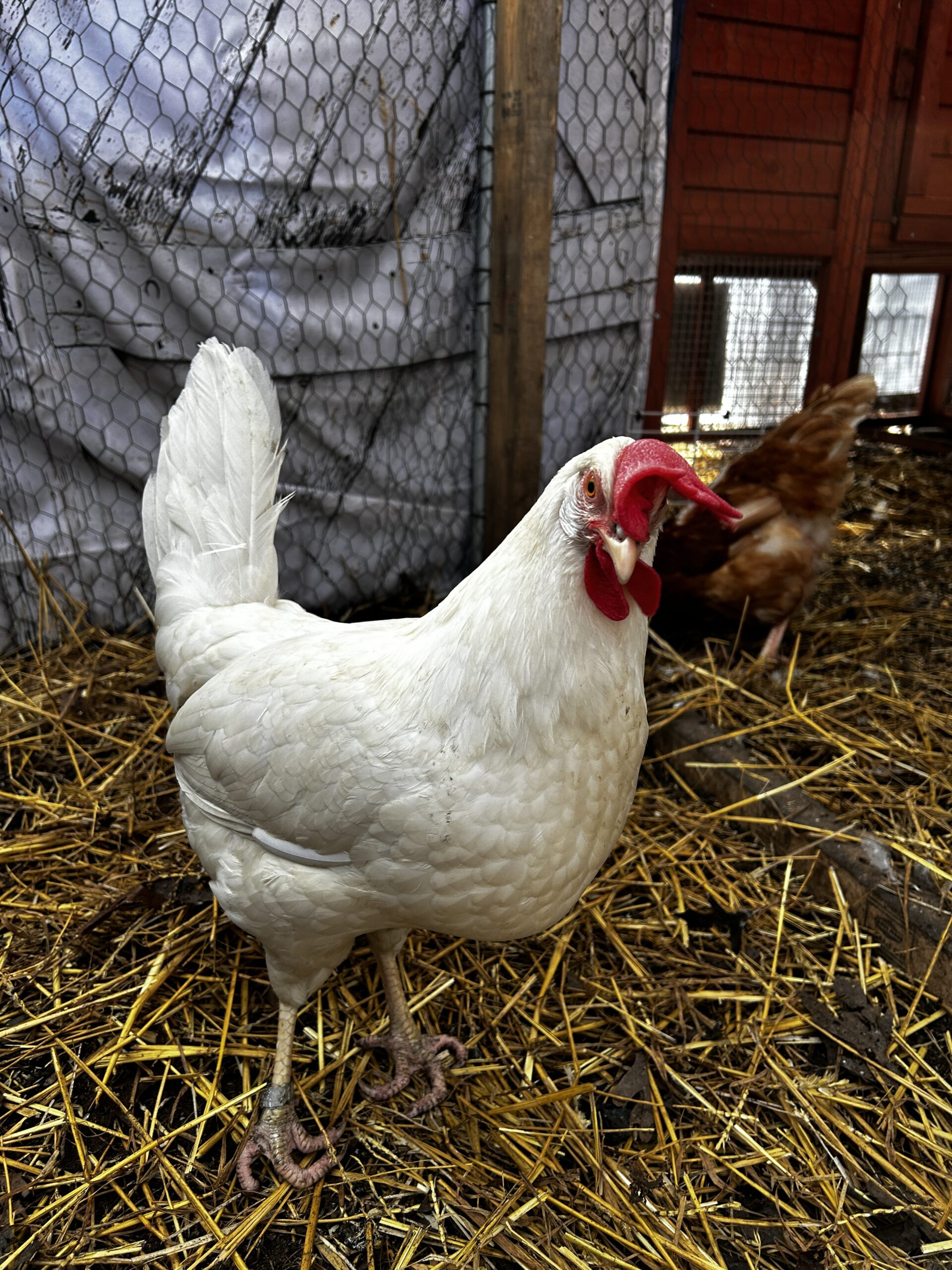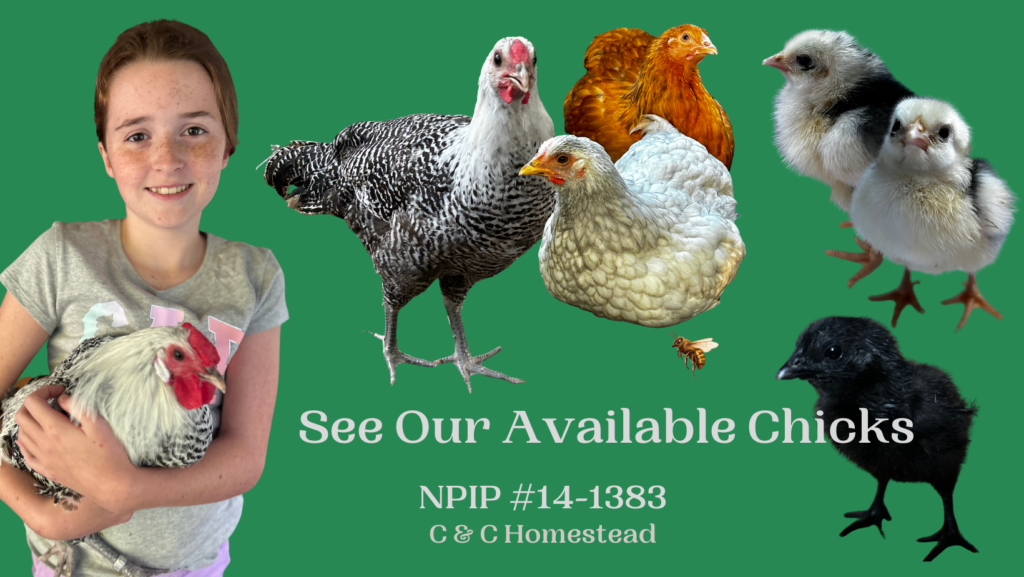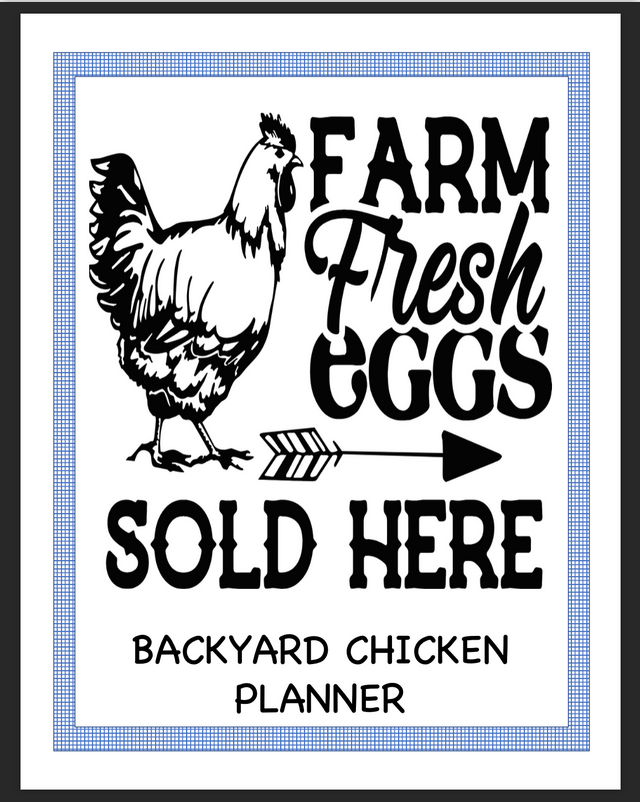Balancing Corporate & Homesteading Lifestyles
Why Are Backyard Eggs Often More Expensive Than Store Bought Eggs?
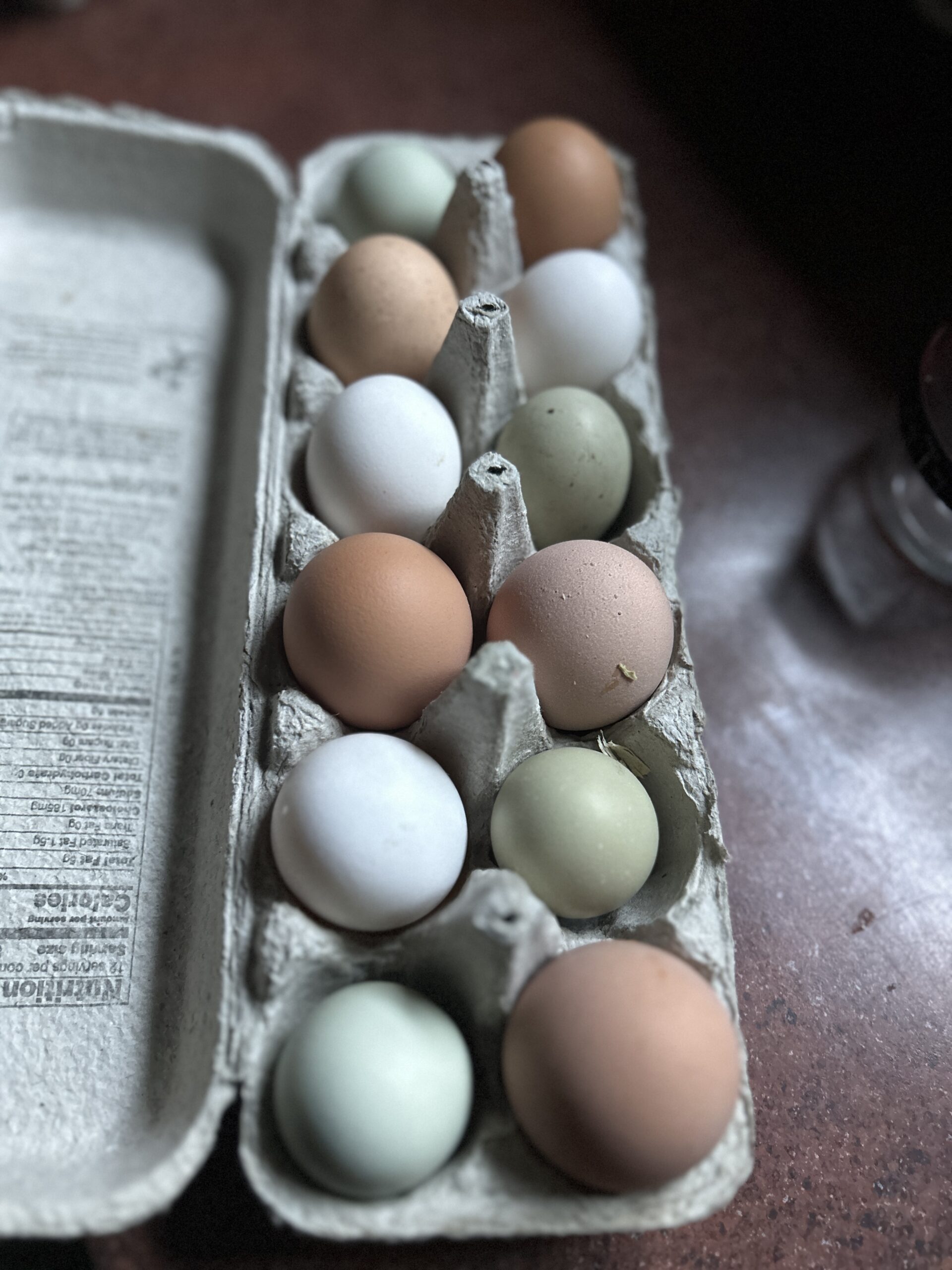
Here are the primary reasons for the cost difference:
1. Scale of Production
- Small Scale vs. Industrial Scale: Backyard egg producers operate on a much smaller scale compared to large commercial farms. Industrial farms benefit from economies of scale, allowing them to produce eggs more cheaply by spreading costs over a larger number of eggs.
2. Feed and Maintenance Costs
- Higher Feed Costs: Backyard chicken keepers often purchase higher-quality feed and supplements for their hens. This feed is generally more expensive than the bulk feed used in industrial farms.
- Individual Care: Backyard chickens typically receive more personalized care, which can include specialized diets, regular health checks, and treatments that add to the overall cost.
3. Housing and Equipment
- Custom Housing: Backyard chickens are usually housed in custom-built or purchased coops that are designed to provide ample space, comfort, and protection. These coops and the necessary equipment, such as feeders and waterers, represent a significant initial investment.
- Enrichment: Providing chickens with enrichment items like perches, dust baths, and foraging opportunities also contributes to the higher costs.
4. Labor and Time
- Manual Labor: Raising backyard chickens involves significant manual labor, including daily feeding, cleaning, egg collection, and coop maintenance. Unlike commercial operations that use automated systems, backyard farmers invest more time and effort into the care of each bird.
- Small Batch Processing: Processing and packaging eggs on a small scale is more labor-intensive and costly per egg compared to automated commercial systems.
5. Welfare Standards
- Higher Welfare Standards: Backyard chickens are generally kept in conditions that far exceed the welfare standards of commercial farms. They often have access to outdoor spaces, are free to roam and forage, and are not subjected to the same stressful conditions as factory-farmed hens.
- Natural Behaviors: Allowing chickens to express natural behaviors, such as nesting, perching, and dust bathing, requires more space and resources, adding to the cost.
6. Regulations and Certification
- Regulatory Compliance: Meeting local regulations for selling eggs, including health inspections and certification, can incur additional costs for backyard producers.
- Organic and Pasture-Raised Certifications: If backyard egg producers seek organic or pasture-raised certifications, the cost of meeting these stringent standards is often passed on to the consumer.
Benefits of Backyard Eggs
Despite the higher cost, many consumers are willing to pay a premium for backyard eggs due to the following benefits:
- Better Flavor and Nutrition: Many people find that backyard eggs taste better and have a richer nutritional profile compared to store-bought eggs.
- Animal Welfare: Buying backyard eggs supports more humane treatment of chickens, as they are generally raised in more natural and comfortable conditions.
- Local and Sustainable: Purchasing backyard eggs supports local farmers and promotes sustainable agricultural practices.
The higher price of backyard eggs reflects the true cost of ethical and sustainable egg production, prioritizing animal welfare and quality over mass production and profit.
Click here to learn more about chicken abuse in commercial farming and production practices.
